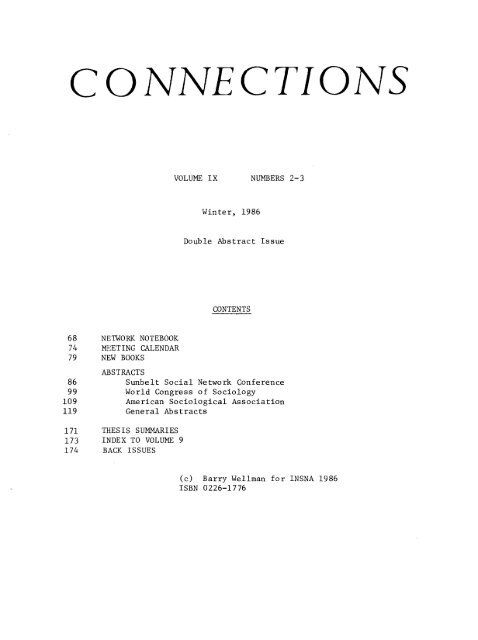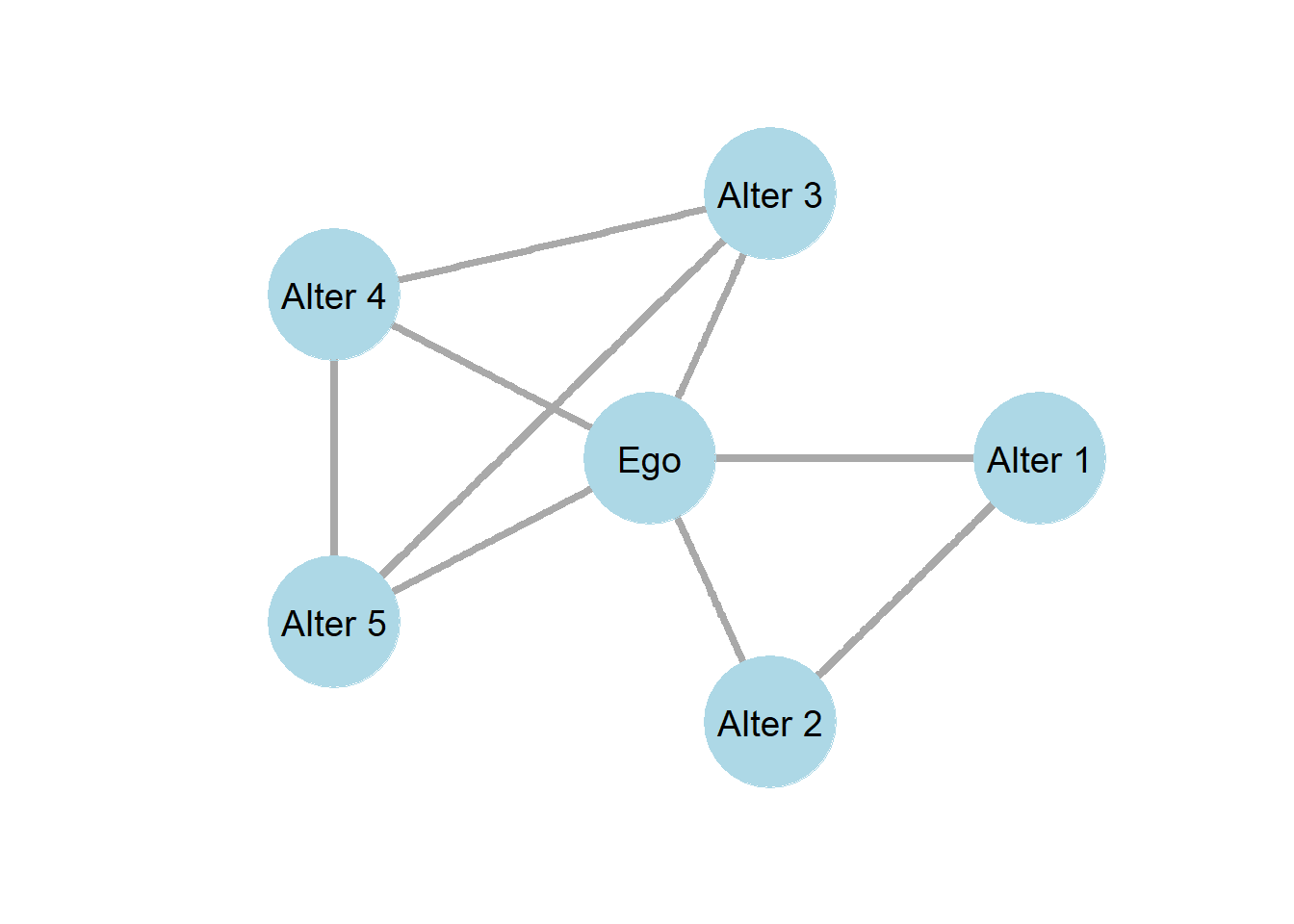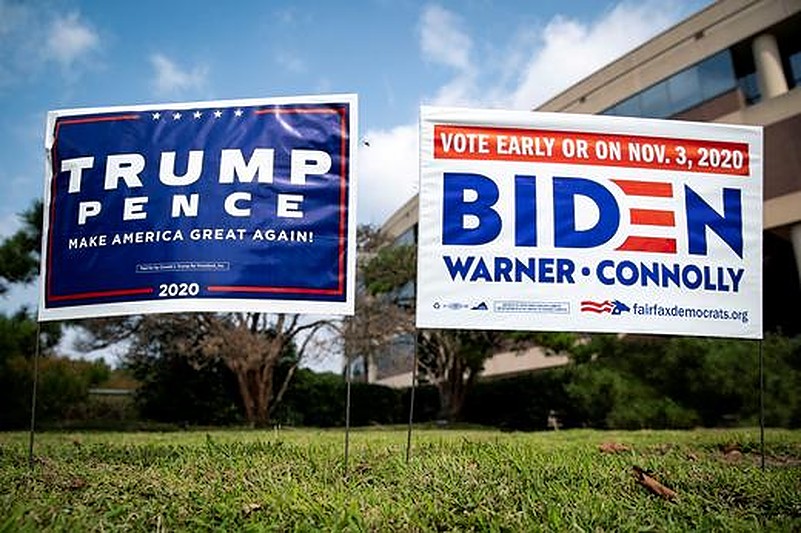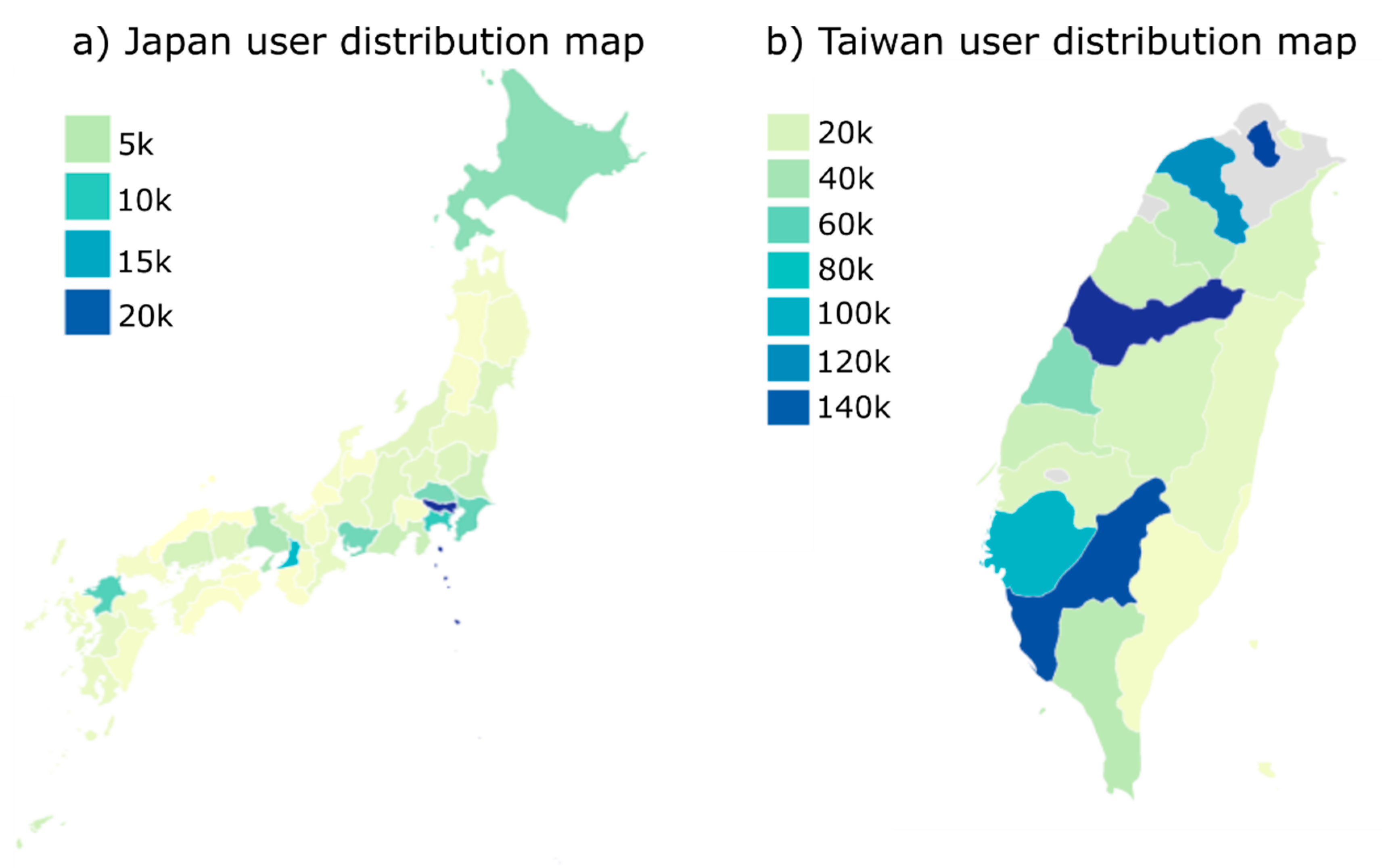Egocentric Social Network Structure, Health, and Pro-Social Behaviors in a National Panel Study of Americans
4.5 (550) In stock
4.5 (550) In stock
Using a population-based, panel survey, we study how egocentric social networks change over time, and the relationship between egocentric network properties and health and pro-social behaviors. We find that the number of prosocial activities is strongly positively associated with having more friends, or an increase in degree, with approximately 0.04 more prosocial behaviors expected for every friend added. Moreover, having more friends is associated with an improvement in health, while being healthy and prosocial is associated with closer relationships. Specifically, a unit increase in health is associated with an expected 0.45 percentage-point increase in average closeness, while adding a prosocial activity is associated with a 0.46 percentage-point increase in the closeness of one’s relationships. Furthermore, a tradeoff between degree and closeness of social contacts was observed. As the number of close social contacts increases by one, the estimated average closeness of each individual contact decreases by approximately three percentage-points. The increased awareness of the importance of spillover effects in health and health care makes the ascertainment of egocentric social networks a valuable complement to investigations of the relationship between socioeconomic factors and health.

Social networks and neurological illness

1979). Social Networks and Psychology. Connections, 2 - INSNA

Network Notebook - INSNA

Analyzing Ego Networks (Part III) - Egocentric Network Analysis

egoSlider: Visual Analysis of Egocentric Network Evolution

The association between social network factors and mental health

2.10 Ego-Centric Networks Social Networks: An Introduction
Social networks and mental health: an egocentric perspective

Social networks and neurological illness

Revisiting revitalization: exploring how structural determinants

Socially Distant: How Our Divided Social Networks Explain Our Politics - The Survey Center on American Life
Egocentric Social Network Structure, Health, and Pro-Social

Sustainability, Free Full-Text